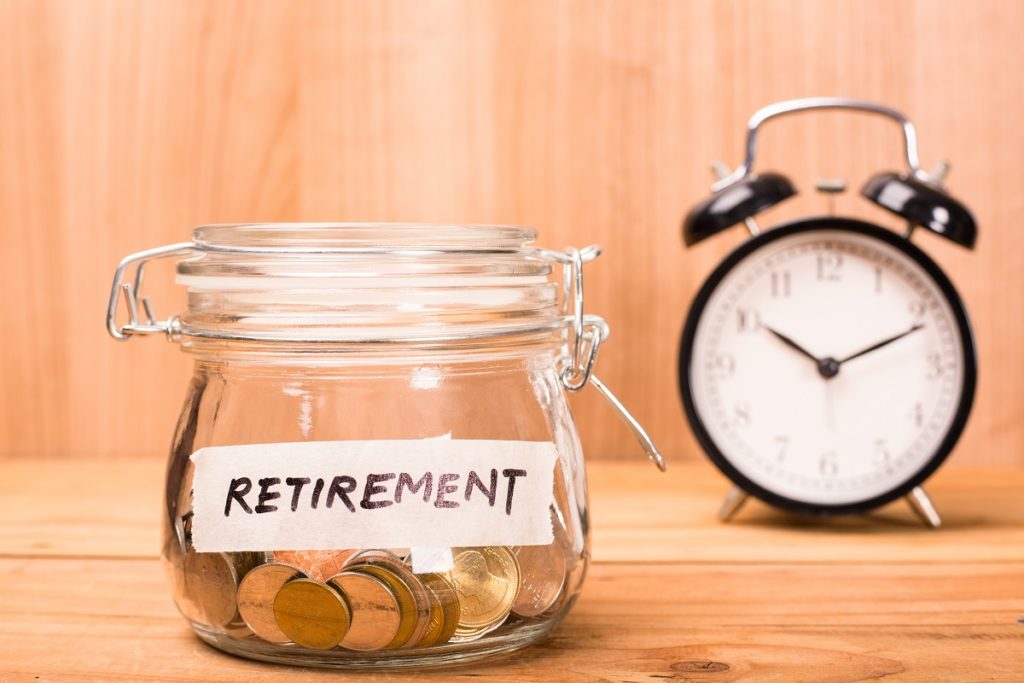Preparing for retirement should start as early as fifteen to twenty years before you hit retirement age. Retirement is the time when you get to sit back and enjoy the fruits of your decades-long labor. But if you’re not financially prepared for it, you may end up working for more years than you initially planned.
Do you plan to retire in the next ten or twenty years? Here’s what you need to do to have enough means to enjoy a comfortable retirement:
1. Review your retirement accounts
Take a look at all of your retirement accounts, including those you may still have with your old employers. Make sure to review your retirement accounts to see which ones you can increase your contributions. For example, look into good AT&T 401k plan investment options to know how you can put enough in your plan so you can get the max contribution from your current employer. In this way, you can get the most out of your retirement accounts and not have to worry about finding additional sources of income, at least for the time being.
2. Build your emergency fund
As soon as you join the workforce, building an emergency fund is one of the first financial steps that you need to take. If you’ve already used your emergency fund by now, or don’t have one yet, start building a new one at least 5-10 years before you retire. In this emergency fund, you should have a minimum of three months worth of your monthly living expenses.
This emergency fund will serve as your fallback in case your pension doesn’t kick in on time or when you have to pay for an unexpected medical bill.
3. Calculate your retirement income and expenses
Find out how much money will be coming in after you retire, then base your budget off of that number. When you retire, it is crucial that you learn how to live within your means. Otherwise, you will end up scrounging for additional money if you happen to go over your budget.
4. Reduce your debts
Ideally, you will go into retirement with little to no debt. However, this is not always the case for many retirees. If you still have a mortgage to pay, consider increasing your monthly payments to finish off the loan before you retire. The same goes for other debts such as car loans, personal loans, and student loans. Then as you near the retirement age, avoid incurring new debts, especially on your credit cards.
5. Think about health insurance and medical costs

No matter how healthy you are now, there’s no guarantee that you will stay disease-free forever. To protect yourself from an untimely demise, review your health insurance policy and see what you’ll be covered for. Medicare will cover most of your healthcare costs if you retire at 65 or older. However, you should still consider getting supplemental health insurance.
These are just some of the ways you can financially prepare yourself for retirement. There are also other things to consider, such as retirement housing, long-term care, estate planning, and retirement taxes. However, one thing remains the same no matter what age you are right now: it’s never too early to start preparing for retirement.

